Heechee Gateway Expeditions
Embark on Heechee Gateway Expeditions into the unknown. Frederik Pohl’s ‘Gateway’ explores humanity’s perilous dance with alien technology and the profound psychological cost of cosmic ambition.
Introduction
- Introduction
- Section 1: A Casual Jaunt to the Stars (For the Uninitiated)
- Section 2: The Cosmic Joke (For the Seasoned SF Enthusiast)
- Section 3: Deep Space Dive (For the Dedicated Fan)
- Major Works
- Conclusion
- The Left Hand of Darkness: Androgynus Vita (Androgynous Life)
and the Quest for Diverse Existence and Harmonious Coexistence
Ah, “Gateway.” A title that, for some, might conjure images of majestic archways or perhaps even a quaint garden gate. But for those of us who appreciate the vast, often unsettling, beauty of the cosmos, it speaks of something far grander, and indeed, far more terrifying. Frederik Pohl’s 1977 masterpiece, Gateway, invites us to consider a rather thorny question: what happens when humanity stumbles upon technology so advanced, so utterly alien, that we can barely fathom its workings, let alone its dangers? It’s a tale of desperate hope, profound risk, and the quiet, creeping madness that accompanies true frontier exploration. Quite a gentle stroll through the park, wouldn’t you agree?
Section 1: A Casual Jaunt to the Stars (For the Uninitiated)
Now, if the very mention of “science fiction” sends a shiver down your spine – perhaps evoking images of chrome-plated robots and bewildering equations – fear not, dear reader. Gateway is rather like a peculiar antique shop, but instead of dusty teacups, it’s filled with alien starships. Imagine, if you will, that you’ve won the lottery. Splendid! But your prize isn’t a villa in Tuscany or a lifetime supply of artisanal cheese. No, your prize is a one-way ticket to an asteroid, hollowed out and riddled with hundreds of derelict spacecraft left behind by an enigmatic, long-vanished alien race called the Heechee.
These aren’t your typical, user-friendly models, mind you. The instruction manual, if it ever existed, seems to have been lost somewhere between galaxies. We know how to press the “go” button, and we can vaguely discern controls for destination… but where will it go? How long will it take? And, most importantly, will it return? It’s rather like attempting to drive an antique automobile with a stick shift and no reverse, on a road made entirely of fog, while blindfolded. Yet, desperate souls, much like our protagonist Robinette Broadhead, flock to Gateway. Why? Because amongst the perilous, one-way trips into the unknown, there’s the tantalising, infinitesimal chance of striking it rich, of finding Heechee artefacts that could change human civilisation forever. Think of it as cosmic roulette, where the stakes are your very existence, and the house always, always wins in the long run.
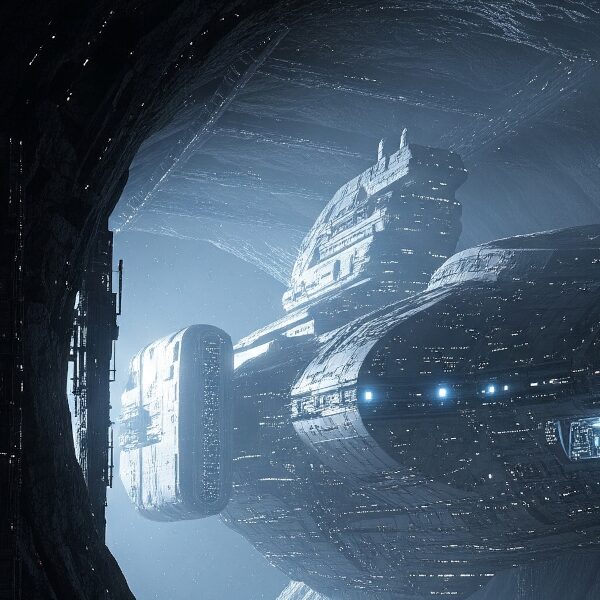
Section 2: The Cosmic Joke (For the Seasoned SF Enthusiast)
For those of you who’ve traversed the intricate landscapes of speculative fiction, Gateway offers a particularly delicious blend of the cynical and the profound. Pohl masterfully constructs a narrative that is less about heroic derring-do and more about the existential dread of the truly unfathomable. Our dear Rob Broadhead, the reluctant hero, is a man haunted not by external monsters, but by the spectres of his own choices and the chilling indifference of the cosmos. His therapy sessions with Sigfrid, an AI Freudian analyst, are a masterclass in psychological unpacking, peeling back layers of survivor’s guilt and trauma. It’s a stark, often bleak, reminder that even when humanity conquers the stars, it’s our own internal landscapes that remain the most treacherous.
The Heechee, those elusive benefactors of humanity’s precarious expansion, are not benevolent gods. They are, in fact, terrifyingly pragmatic, having left their unstable, death-trap ships for us to discover. One might almost say it’s their idea of a cosmic jest: “Here, humans, have some advanced technology! Good luck with the user interface, do try not to explode.” It’s a sobering thought, isn’t it? That the very tools of our supposed salvation could be our most efficient means of self-destruction. But then, to truly appreciate the exquisite irony of it all, one must embrace the unsettling truths that only science fiction, with its keen, often blackly humorous, eye, can reveal. And who knows, perhaps a deeper appreciation for such narratives might just offer a unique perspective on humanity’s persistent foolishness, a modest boon in these increasingly peculiar times.
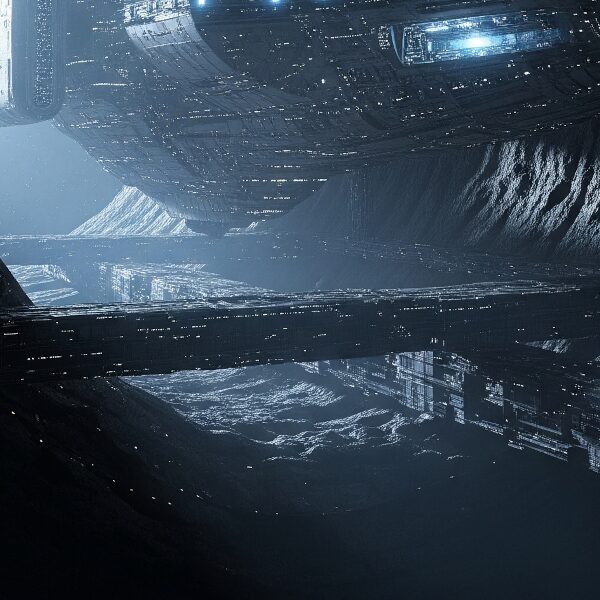
Section 3: Deep Space Dive (For the Dedicated Fan)
Fellow travellers of the cosmic highways, let us delve deeper into the intricate mechanics of Gateway‘s genius. The novel’s non-linear structure, constantly shifting between Rob’s present-day therapy sessions and his harrowing past expeditions, isn’t merely a stylistic flourish. It’s a narrative device that perfectly mirrors the fractured nature of memory and trauma. Each session with Sigfrid meticulously, and often painfully, reconstructs the horrifying events that led to Rob’s immense wealth and equally immense guilt. The climax, with its chilling depiction of the black hole incident, is not just a moment of physical peril but a crucible of psychological torment, where the bonds of human connection are tested against the cold, unforgiving vacuum of space.
Pohl’s brilliance lies not just in his vivid portrayal of the Heechee technology – the ships themselves, the mysterious artefacts, the very nature of Gateway asteroid – but in his exploration of humanity’s precarious position in a universe far older and more complex than we can comprehend. The Heechee, for all their technological prowess, ultimately vanished, leaving behind clues to a larger, more menacing threat: the Assassins. This subtle reveal, woven into the fabric of the Heechee Saga, adds a layer of cosmic horror to the adventurous premise, reminding us that even the most advanced civilisations face insurmountable challenges. It’s a testament to Pohl’s foresight that Gateway remains as relevant today as it was in 1977, a timeless exploration of fear, greed, and the indomitable, if often misguided, human spirit.
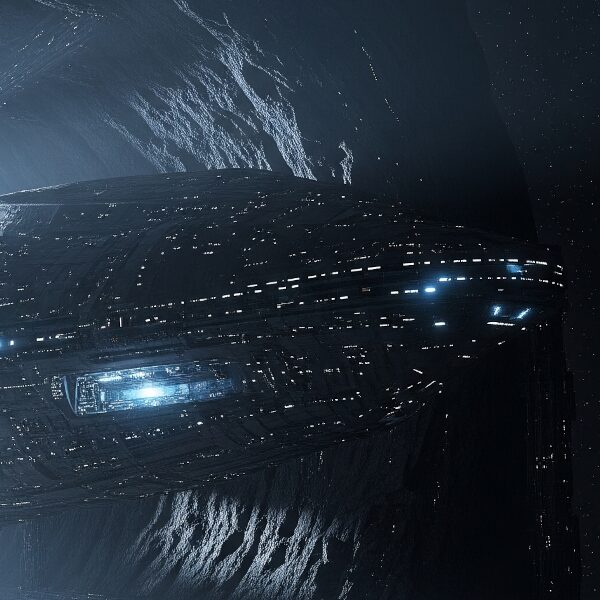
Major Works
Frederik Pohl, a true titan of science fiction, left behind a legacy far richer than mere “space opera.” Beyond the existential terror of Gateway, one finds a career punctuated by incisive social commentary and brilliant satirical wit. His collaboration with Cyril M. Kornbluth on The Space Merchants (1953) remains a cutting critique of consumerism run rampant, imagining a world dominated by advertising agencies – a prescient vision, wouldn’t you say? Then there’s Man Plus (1976), a Nebula Award-winning novel that delves into the harrowing process of transforming a human into a cyborg capable of surviving on Mars, a poignant examination of the sacrifices demanded by expansion. And, of course, the broader Heechee Saga itself, continuing beyond Gateway with titles such as Beyond the Blue Event Horizon and Heechee Rendezvous, further expanding the universe of mysterious aliens and humanity’s fraught attempts to understand them. His works consistently challenged the reader, offering not just thrilling plots but profound questions about our species and its place in the universe.
Conclusion
So there you have it: Gateway by Frederik Pohl. It’s not just a science fiction novel; it’s a journey – one that is at once exhilarating, terrifying, and deeply introspective. It serves as a stark reminder that while the stars may beckon with promises of untold riches, they also hold dangers beyond our wildest nightmares, and that sometimes, the greatest expeditions are those into the uncharted territories of the human mind. If you’ve a fondness for tales that blend cosmic mystery with a healthy dose of psychological introspection, then I daresay you’ll find Gateway a most… illuminating experience. Now, if you’ll excuse me, I believe I hear a faint, inexplicable hum from my own attic. Perhaps just the plumbing. Or perhaps…
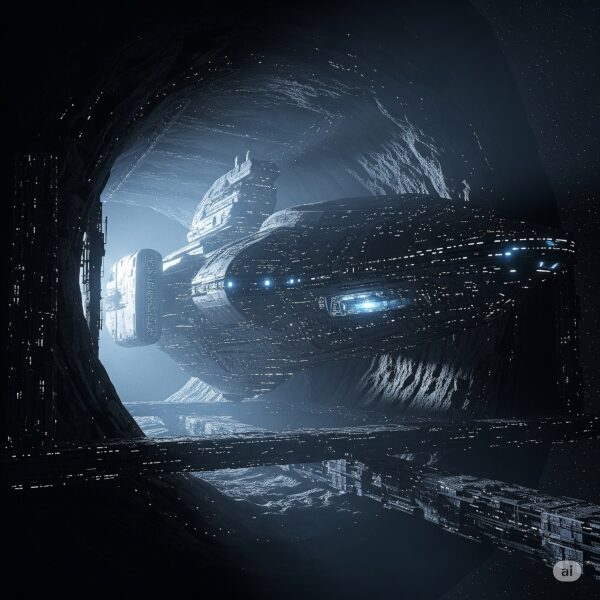

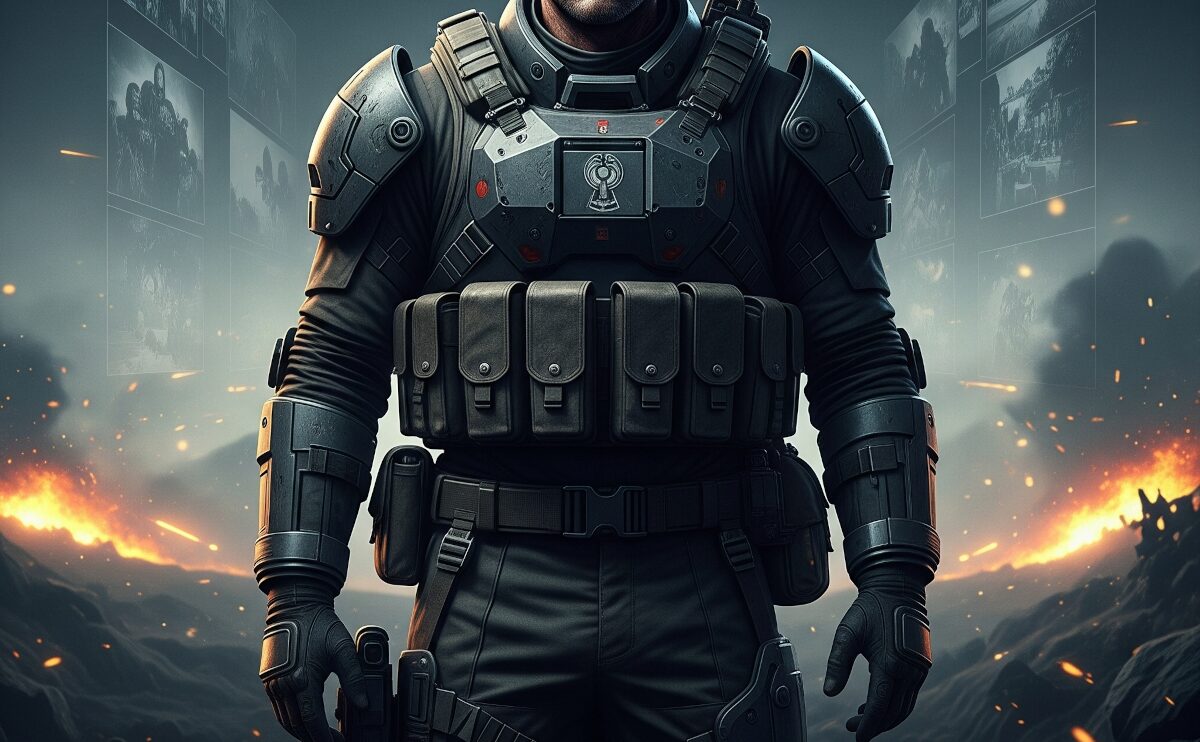

Leave a Reply